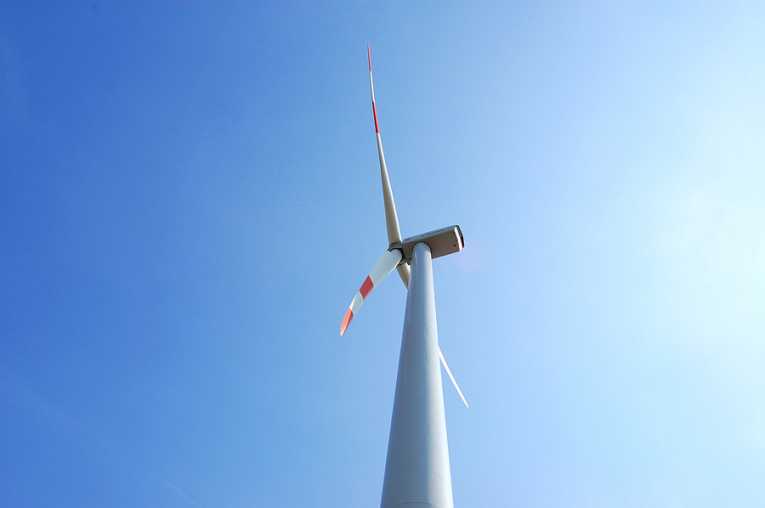With a seemingly astonishing level of hypocrisy, the US billionaire Donald Trump is opposing the proposal for a wind farm off the coast of his luxury golf resort. Trump's hypocrisy lies in the fact that he is objecting to a small wind farm because of the visual impacts he believes it will have, when he has himself irrevocably changed the same landscape. Apparently Trump has written in an email that he was "repeatedly promised, as an incentive to go forward and proceed with this (golf course) project, that wind turbines would not be destroying and distorting the magnificent coastline".
In 2006, Trump purchased the Menie Estate on the north-east coast of Aberdeen, on which he intended to create a world class golf course and luxury accommodation and facilities. The development spans approximately 500 hectares and is due for completion next year. The Royal Society for the Protection of Birds (RSPB) objected to the project on the grounds that the sand dune systems on the Menie Estate, including Sites of Special Scientific Interest (SSSI), would be disturbed.
The planning inspectors ruled that any potential damage of the sand dunes caused by the golf course would be substantially outweighed by its value to the economy. Despite the possible environmental impacts, the development cannot be viewed entirely negatively - the 1,400 local and permanent jobs that it will apparently provide is a welcome boost to the local economy. Indeed, increased golf tourism to Scotland could have a positive impact on the national economy too.
Clearly, when they are complete the golf course and hotel will dramatically alter the visual character of the area, and arguably far more severely than the proposed offshore wind farm might. For starters, the wind farm proposed is by no means large - the development would consist of 11 turbines. The developers put forward that the wind farm will help Scotland realise its renewable energy ambitions and suggest that as a European Offshore Wind Deployment Centre it can contribute to global research and development.
Trump's reasoning that the wind farm will harm his investment by discouraging visitors does seem flawed - most surveys indicate that the presence of wind turbines does not negatively impact tourism. In 2008, the Scottish Enterprise, Energy and Tourism Minister Jim Mather said in 2008 that "research confirms that this Government's ambitious targets on renewable energy and tourism are entirely compatible. Harnessing our renewables potential, while driving an increase in tourism revenue, will bring sustainable economic growth to all parts of Scotland".
When Trump gained planning permission for his golf resort, many thought that it was a vanity project and that the local planning authority had been swayed by the billionaire's promise of investment. It can be hoped that they will not pander to the wants of Donald Trump, but rather put environmental considerations first and demonstrate their commitment to renewable energy in Scotland. The planning application for the wind farm is now subject to a formal consultation and decision-making process.
Top Image Credit: © gunnar3000










